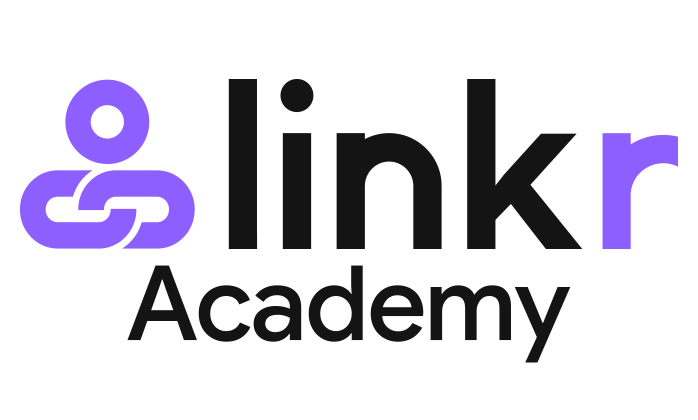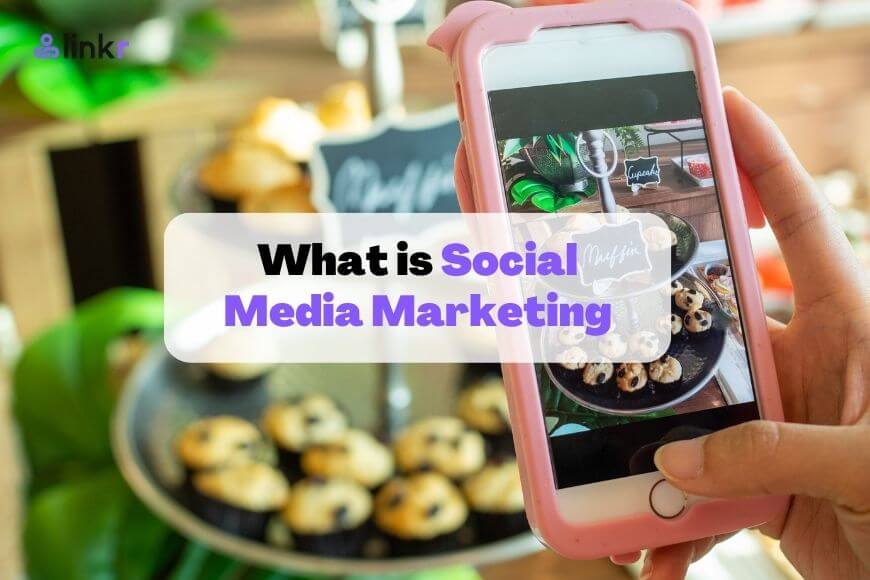What is Social Media Marketing (SMM): Definition, How It Works, and Benefits
The advent of social media has revolutionized the realm of business. With social media marketing, businesses can interact with their audience in ways that were previously impossible. By utilizing various platforms, social media marketing enables businesses to reach a wider audience and engage with them on a more personal level. In this article, we will explore the definition, benefits, and strategies of social media marketing to help businesses maximize its potential.
Table of Contents
What is social media marketing (SMM)?

Social media marketing refers to the use of social media platforms for promoting products, services or brands. It involves creating, publishing and sharing content on social media networks, engaging with followers, and running targeted ad campaigns to reach a specific audience.
Social media marketing’s main objectives are to raise brand awareness, improve website traffic, produce leads, and eventually increase sales. Businesses can use social media sites like Facebook, Twitter, Instagram, LinkedIn, and others to do this.
How does social media marketing work?

Social media marketing follows a strategic approach to create, publish, and distribute relevant content on various social media platforms. It begins with identifying the target audience and selecting the appropriate social media channels to reach them effectively. Businesses can conduct market research to understand their target audience and their preferences.
The content shared can include text, images, videos, infographics, and other engaging formats. By utilizing features such as hashtags, mentions, and shares, businesses can increase their visibility and attract a larger audience. Additionally, they can collaborate with influencers and other businesses to expand their reach.
Social media marketing also involves monitoring and analyzing the performance of social media campaigns. Businesses can use analytics tools to track metrics such as engagement rate, reach, click-through rates, and conversion rates. This data can provide insights into the effectiveness of the marketing strategy and help businesses make data-driven decisions.
Why is social media marketing important?

Numerous advantages of social media marketing include enhanced customer involvement, broader brand reach, and more brand visibility. Businesses may interact with their target audience, increase brand recognition, and increase website traffic by utilizing social media platforms.
Additionally, it offers the chance for in-the-moment communication, client feedback, and the development of a strong internet presence. Social media marketing helps companies develop and succeed by allowing them to remain competitive, establish reputation, and cultivate deep connections with their audience.
Pros and cons of social media marketing

Businesses can benefit greatly from social media marketing, which has a large audience, improved consumer involvement, higher brand visibility, and targeted advertising. Additionally, it offers priceless client insights and the chance for viral content. Negative criticism, time-consuming content management, fierce rivalry, a tough time calculating ROI, and privacy issues are some of the difficulties. To effectively use social media, businesses must carefully balance its benefits and drawbacks.
| Pros of Social Media Marketing | Cons of Social Media Marketing |
| Wide reach and global audience | Potential for negative feedback and criticism |
| Increased brand visibility and awareness | Time-consuming to create and manage content |
| Targeted advertising options | High competition for attention |
| Enhanced customer engagement | Difficulty in measuring ROI accurately |
| Cost-effective compared to traditional marketing | Privacy and security concerns |
| Access to valuable customer insights | Constant algorithm changes and platform updates |
| Opportunity for viral content and organic growth | Ad fatigue and audience saturation |
| Enables influencer collaborations | Dependence on platform algorithms and policies |
Which social media channels should I use for marketing?

Success depends on picking the right social media platform. Facebook, Instagram, Twitter, LinkedIn, and YouTube are popular choices that each have their own advantages and user demographics. To choose which platforms to use, thoroughly consider your target market and business objectives. The most popular platforms may be found through market research, allowing you to customize your approach.
Keep in mind that each platform requires a unique method of marketing. For visual content, Facebook and Instagram are the best options, while Twitter is best for quick messaging. For videos, YouTube is ideal.
How can I create engaging content posts for social media?
- To provide your audience with value, combine instructive, entertaining, and promotional content.
- Use visuals to highlight and improve your material, such as top-notch pictures and movies.
- Hold contests, polls, or other events to invite audience participation in order to build a sense of engagement and community for your business.
You can keep your audience interested and engaged in your postings by using these suggestions.
🔗Learn Mastering Social Media Engagement: 7 Strategies for Creators and Influencers
How can I measure the success of my social media marketing efforts?

There are many ways to assess your social media marketing efforts. One of the most effective techniques is to use social media analytics tools, which can help you track a variety of crucial data. Some of these indicators include customer acquisition, reach, engagement, website traffic, and conversions. By monitoring these statistics, you can discover a lot about how effectively your social media marketing techniques are working.
Furthermore, social media analytics tools may provide data on your audience’s demographics, the effectiveness of your content, and the results of your campaigns. All of these facts may help you make better informed, data-driven decisions regarding your social media marketing strategy.
Should I outsource my social media marketing or handle it in-house?
There are a number of things to take into account when determining whether to outsource your social media marketing or handle it internally. While hiring a digital marketing agency can save you time and provide you access to professional knowledge, it can also be expensive and give you less control over your social media presence.
However, handling your social media in-house can be time-consuming and call for a certain level of experience. It also gives you more control and customisation over your messaging. Before making a choice, it’s crucial to assess the advantages and disadvantages of both possibilities as well as your company’s resources and objectives.
How can Linkr help with social media marketing?

Your social media marketing efforts can be more efficiently organized using Linkr, a social media management tool. It offers features like link in bio website builder, post automation, analytics, and collaboration tools, among others. You can measure the success of your ads, optimize your social media strategy, and save time with Linkr.
The bottom line
Social media marketing has completely changed how businesses communicate with their customers and sell their goods and services. Businesses may use these platforms to promote growth, engage with their target audience, and raise brand awareness by comprehending the definition, advantages, and tactics of social media marketing. Businesses can optimize marketing efforts and simplify social media administration with solutions like Linkr. Adopt social media marketing to expand the horizons of your company’s potential in the online world.
Read more:
What is Digital Marketing: Overview, Challenges, and Required
8 Tips to Optimize Your Social Media Profiles to Maximize Your Following




